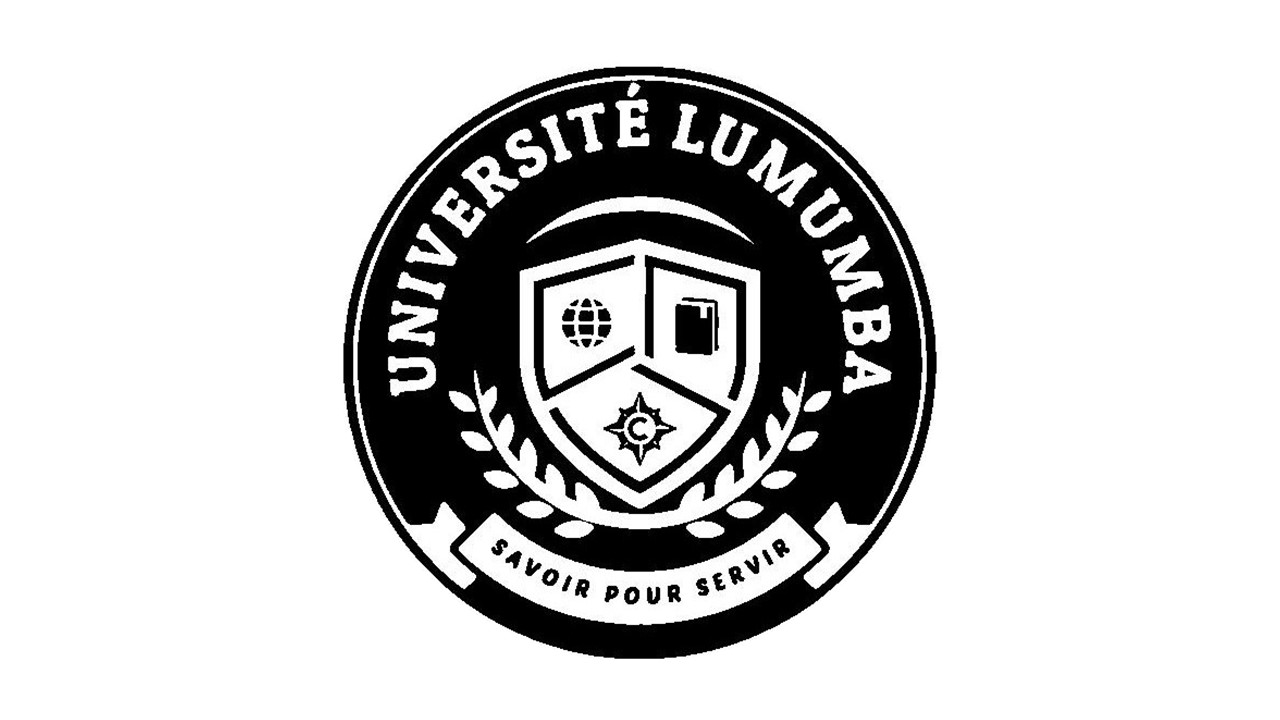Certificate in Community Health Advocacy
Overview
This program equips students with the skills to advocate for health equity and address community-specific health challenges. The curriculum begins with foundational courses in public health principles, focusing on health disparities, social determinants of health, and community engagement strategies. Students explore healthcare systems, patient navigation, and resource coordination. Practical modules include designing outreach initiatives, developing culturally competent communication strategies, and analyzing public health data. Advanced topics cover ethical considerations, policy advocacy, and strategies for mobilizing communities to address health issues. The program culminates in a capstone project where students design a health advocacy campaign or initiative tailored to a specific community.
Professional opportunities:
Graduates of the Certificate in Community Health Advocacy are prepared for roles that promote health equity and community wellness. Career opportunities include:
- Community Health Advocate: Work with individuals and groups to navigate healthcare systems and access essential services.
- Patient Navigator: Assist patients in understanding treatment options and managing healthcare logistics.
- Health Program Coordinator: Design and implement health education and outreach programs.
- Public Health Policy Advocate: Advocate for systemic changes to improve health outcomes in underserved communities.
- Cultural Competency Trainer: Educate healthcare professionals on delivering inclusive and equitable care.
- Non-Profit Health Specialist: Lead initiatives that address specific community health challenges.
This certificate equips professionals to make a meaningful impact in public health by addressing barriers to care and promoting wellness within diverse populations.
The program curriculum consists of 8 courses (24 credits) and is designed to be completed in 1 year as a full-time student. However, the University provides students with the flexibility to progress at their own pace.
The recommended course sequence from the University
1
| Total Courses | Total Credits |
|---|---|
8 | 24 |
